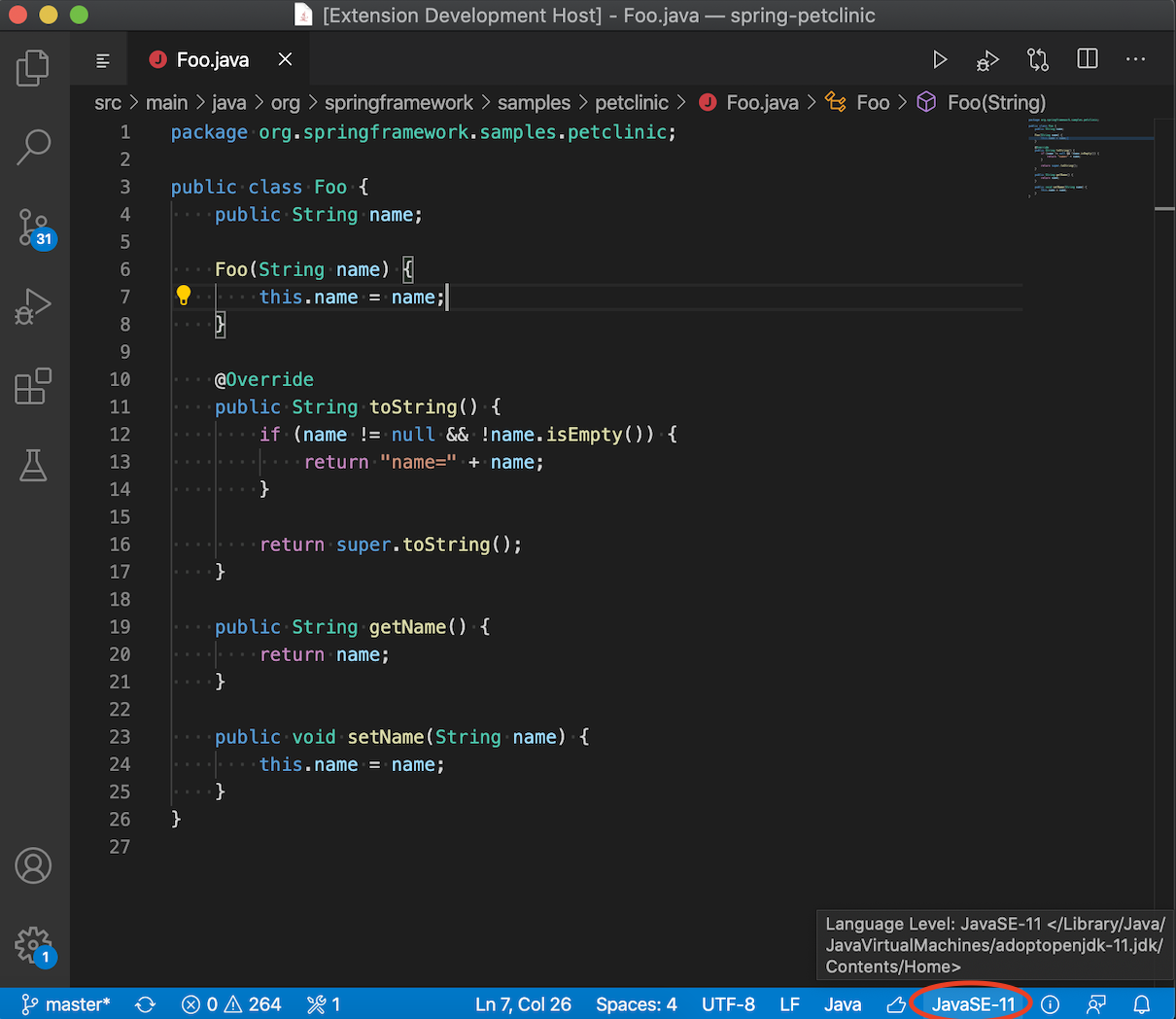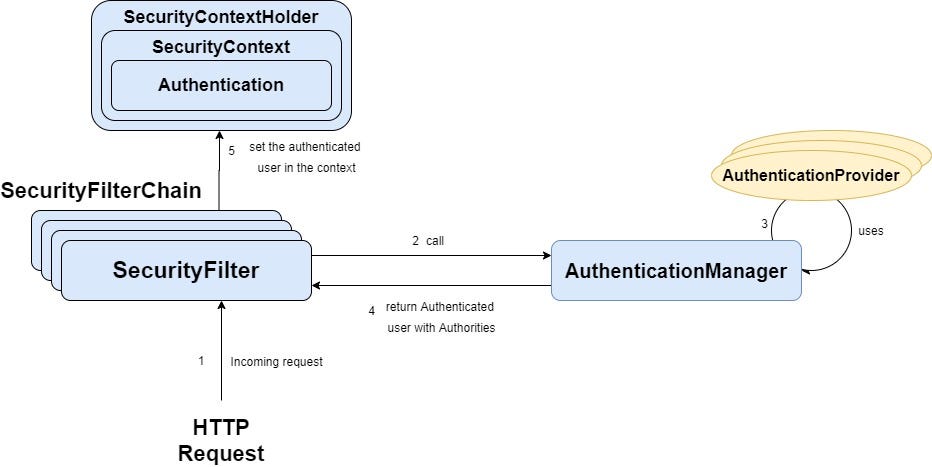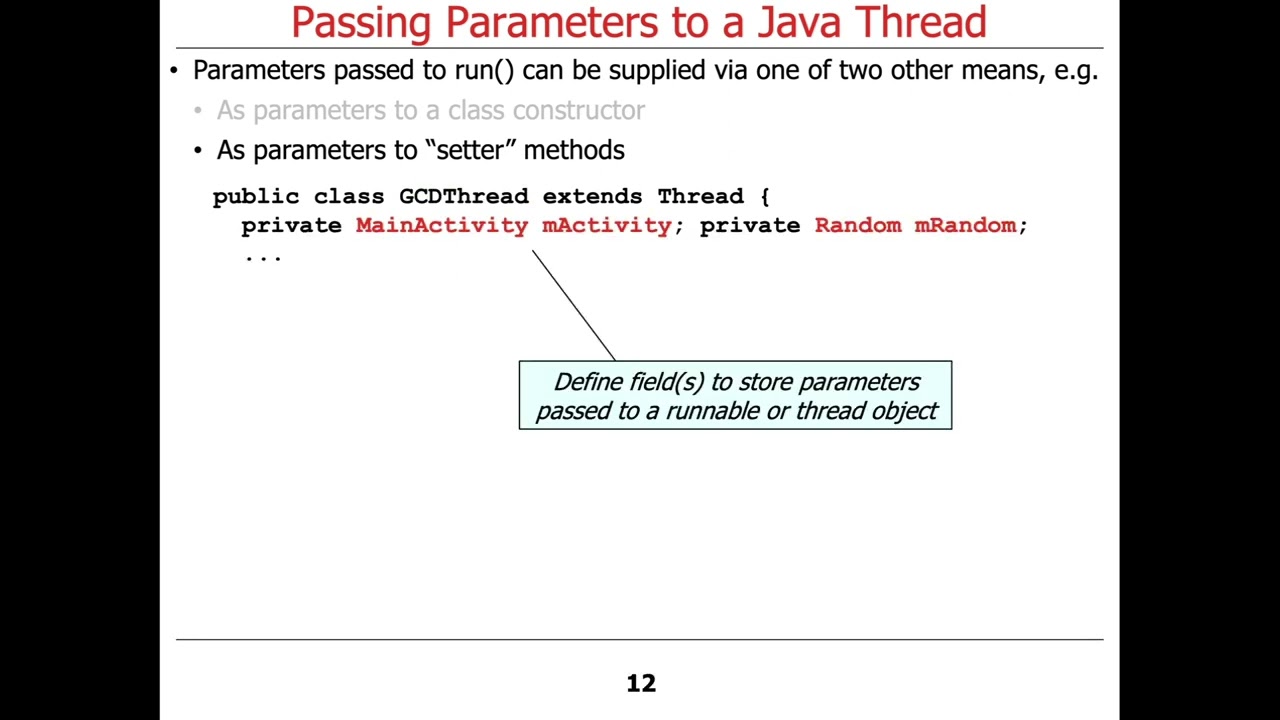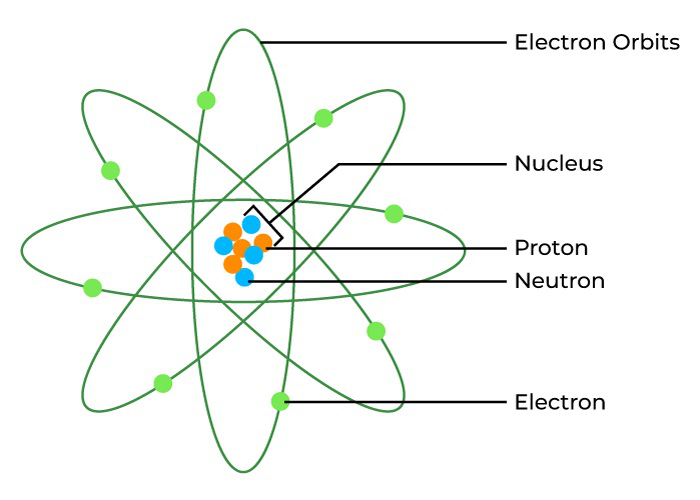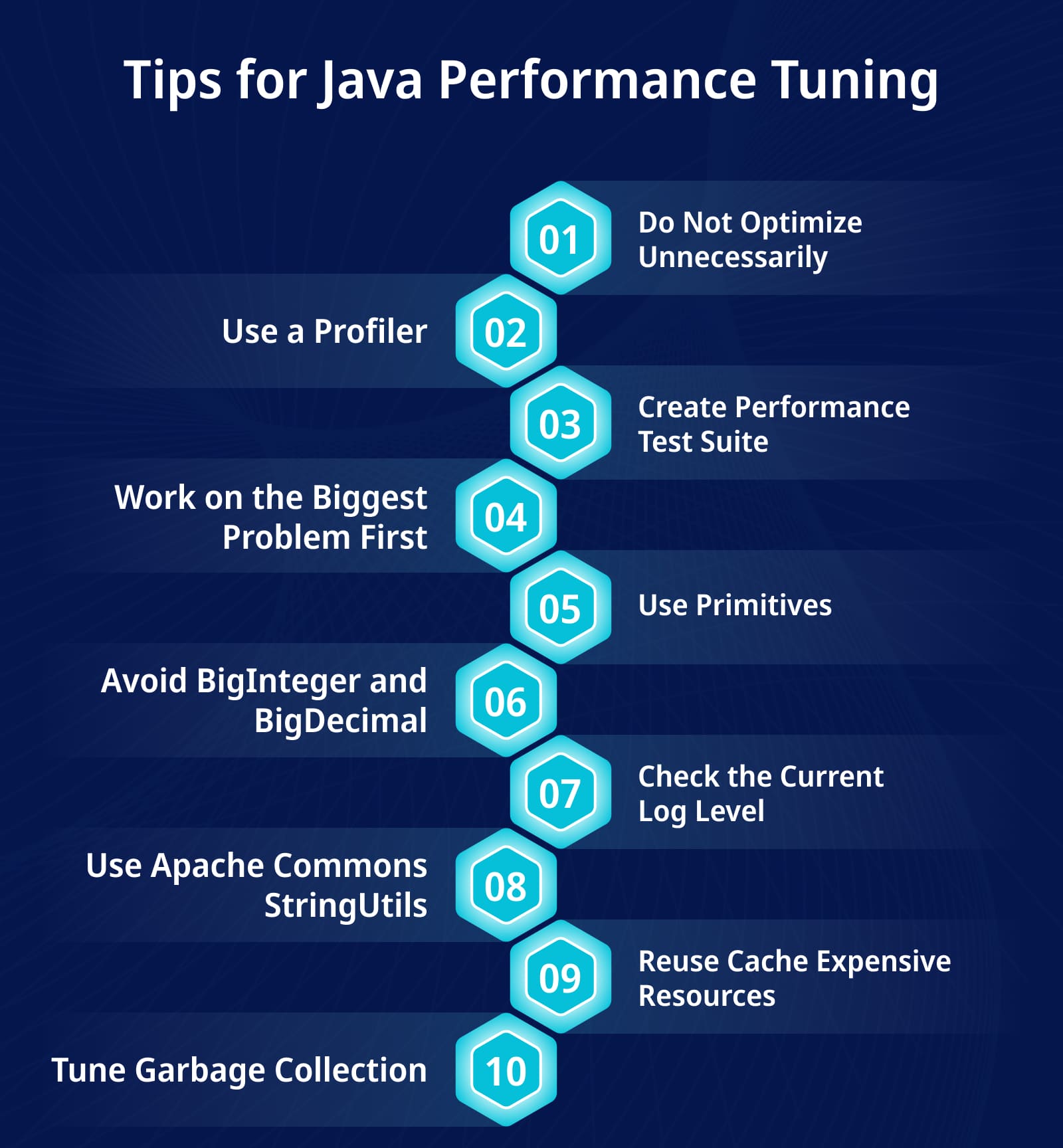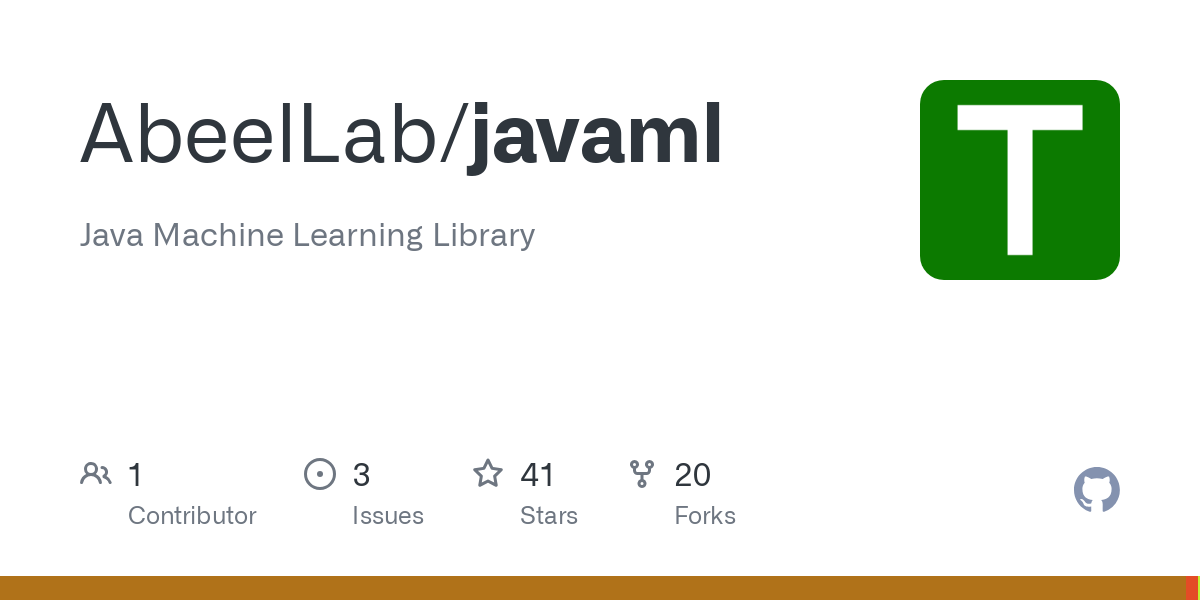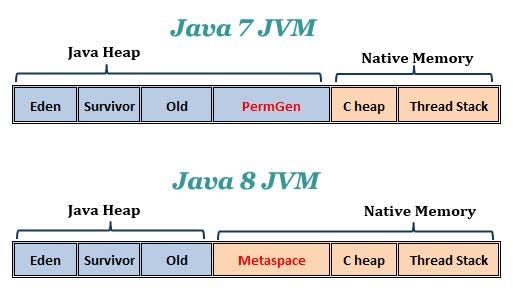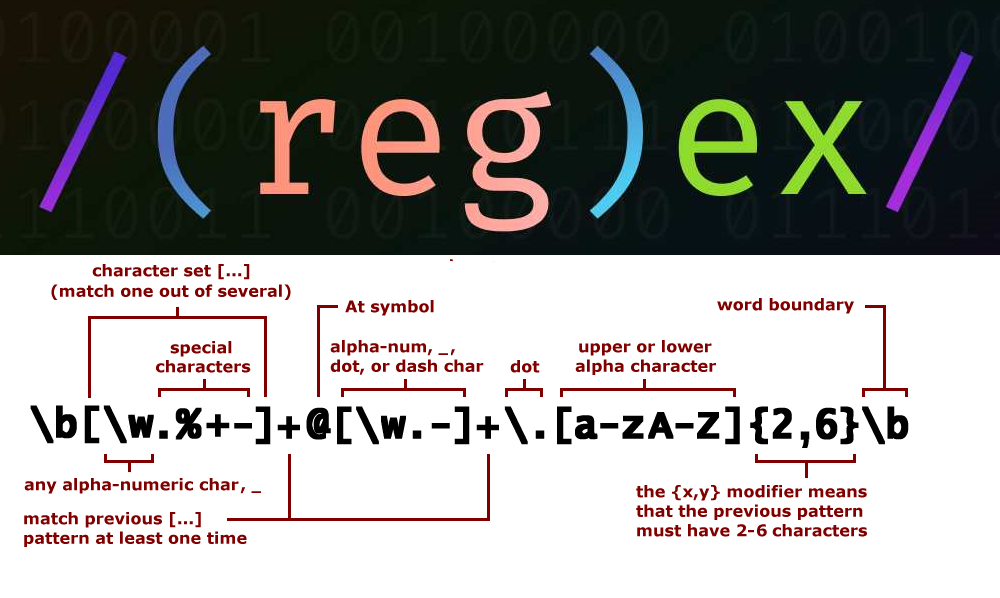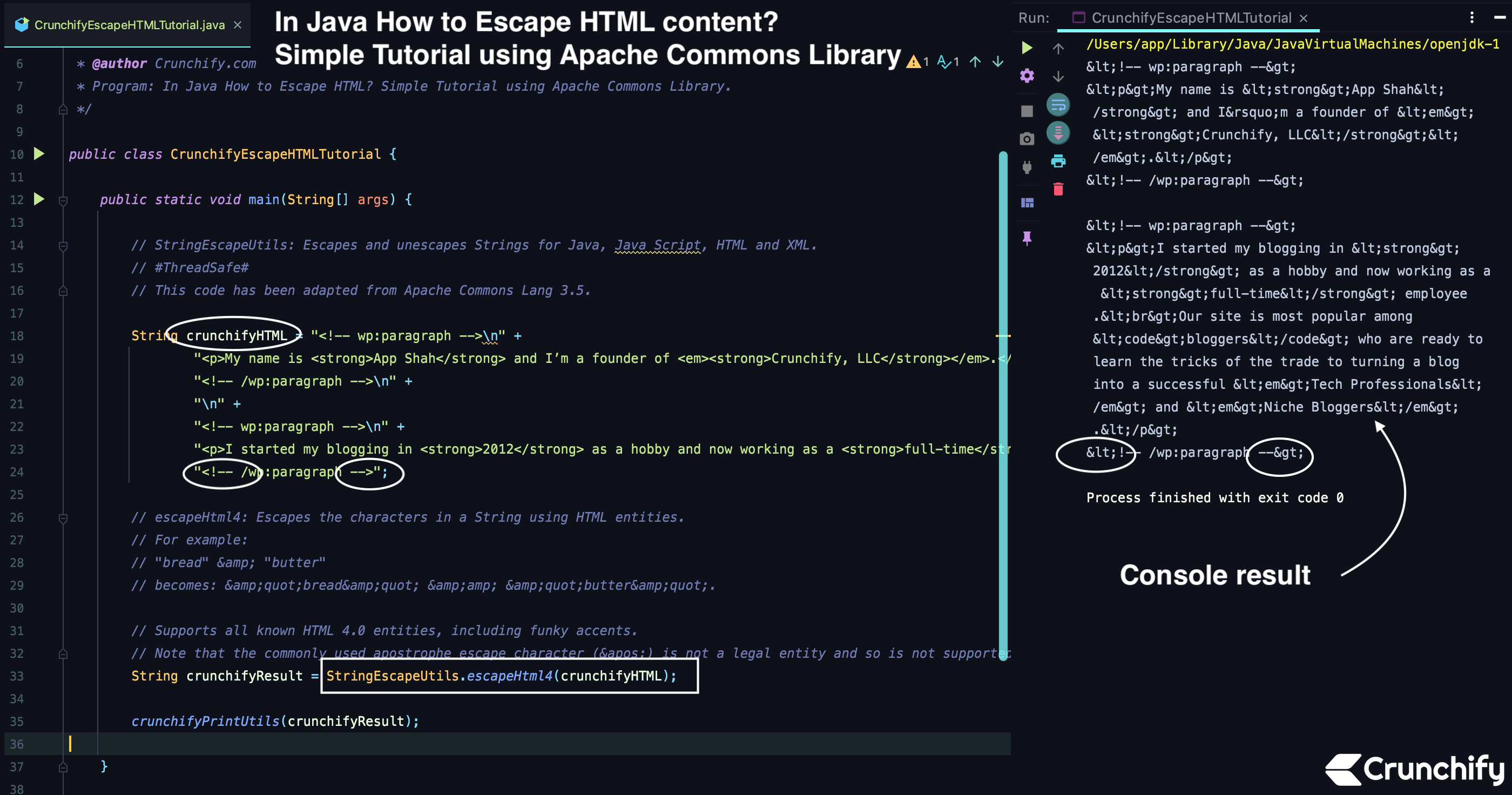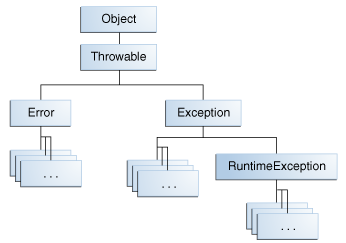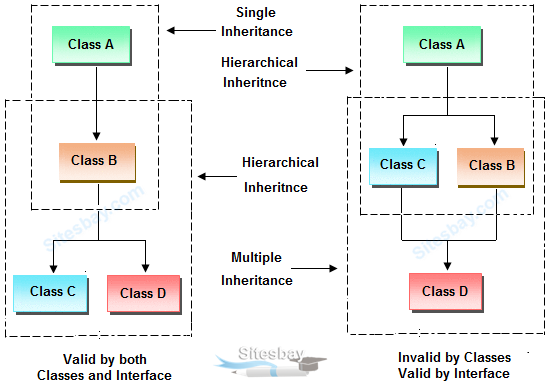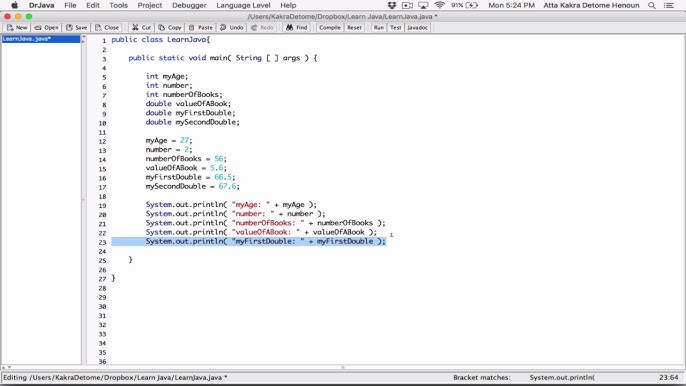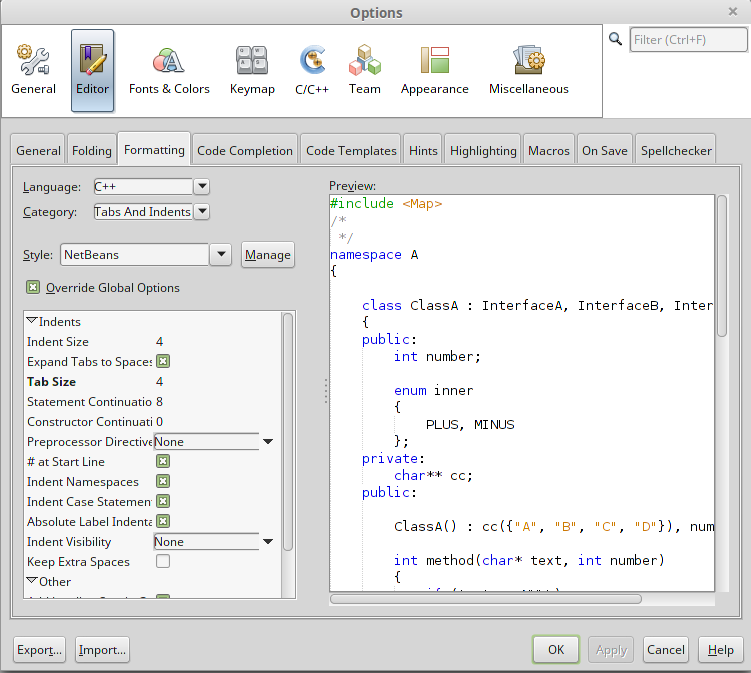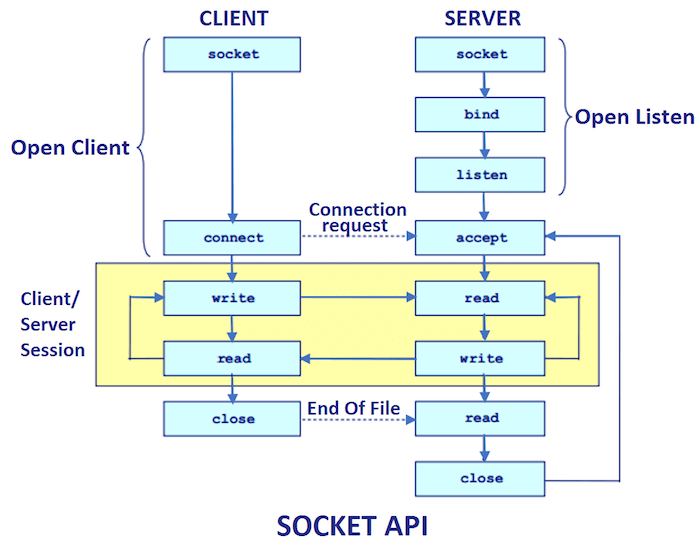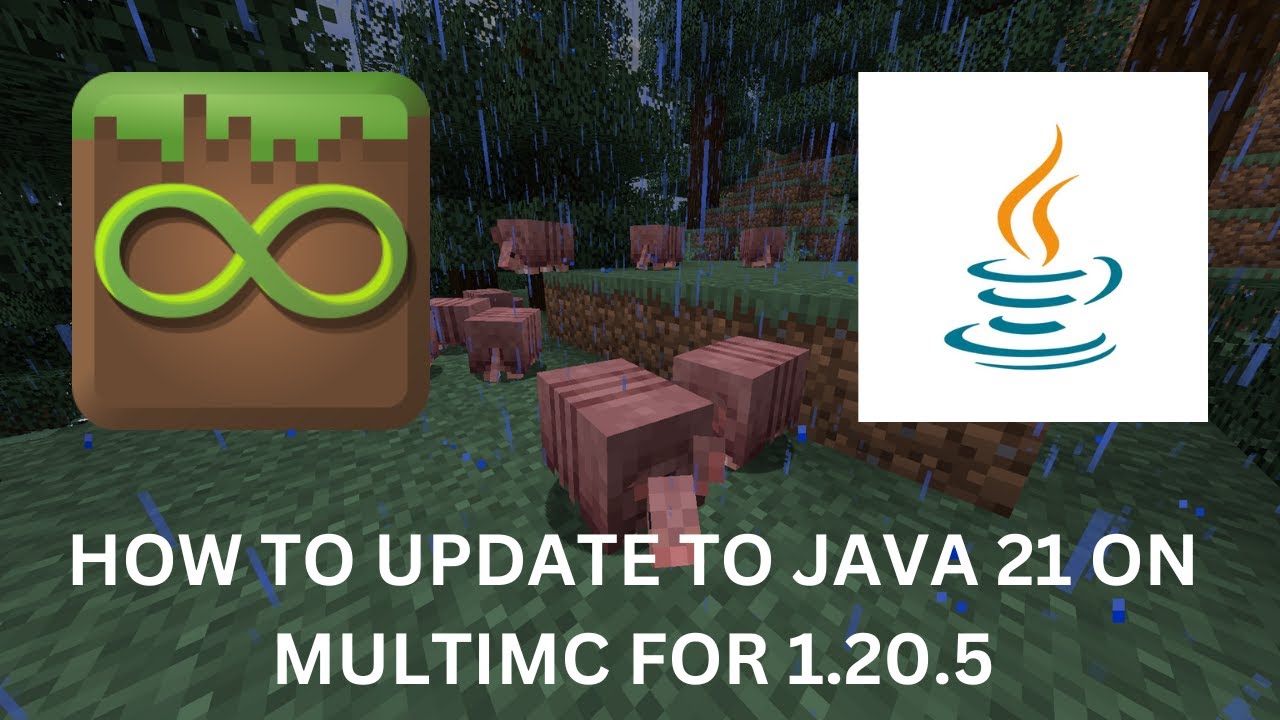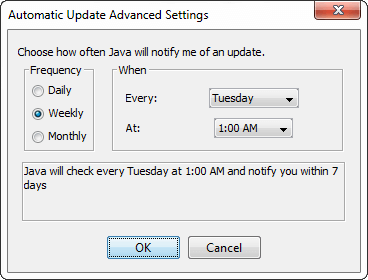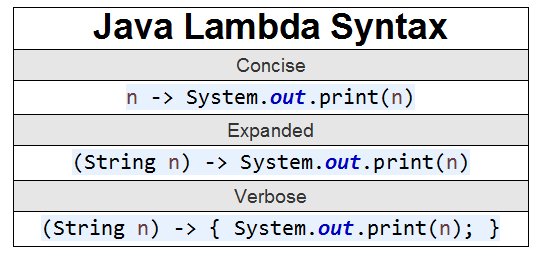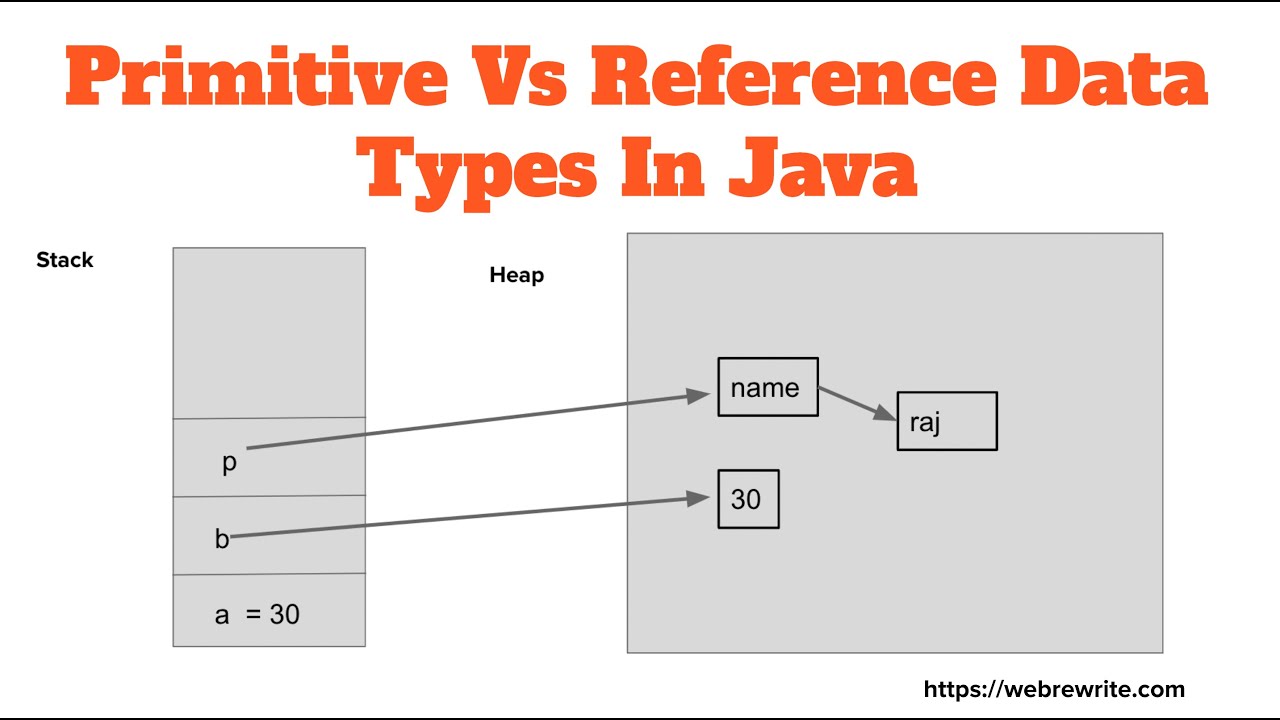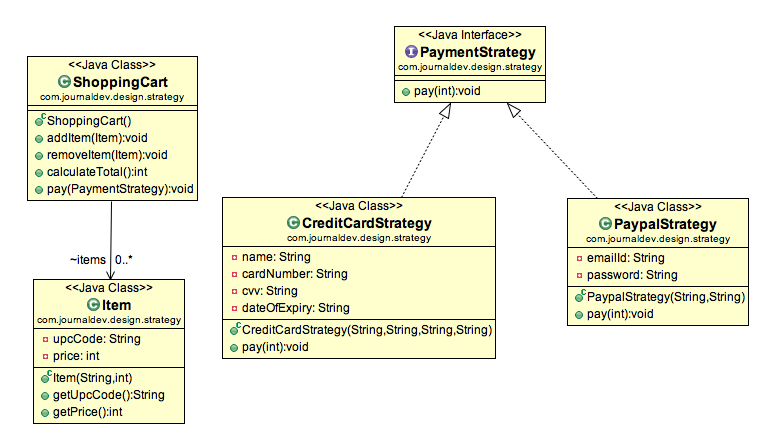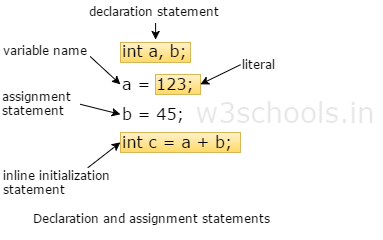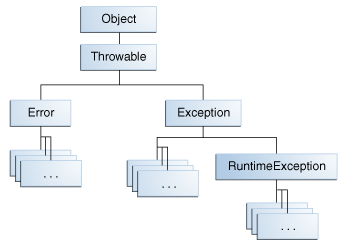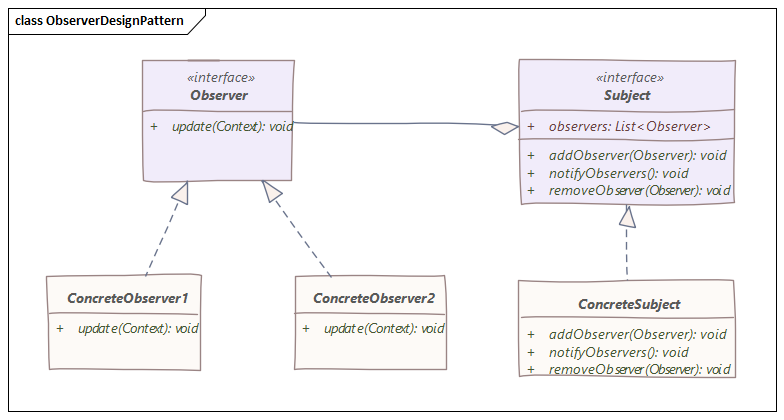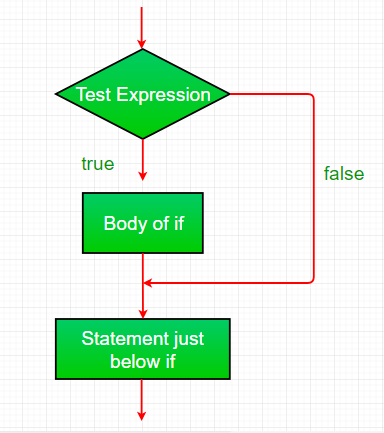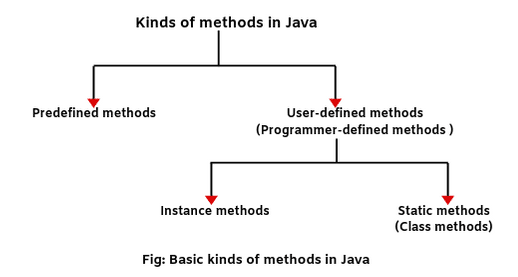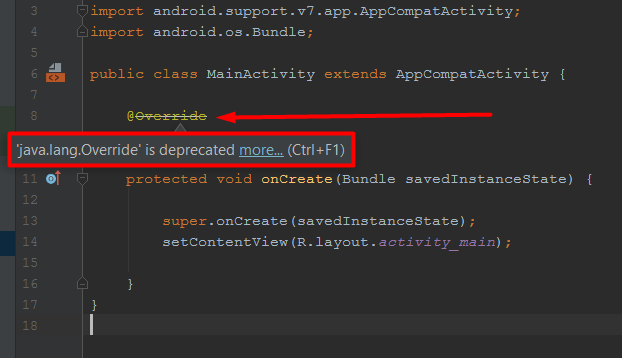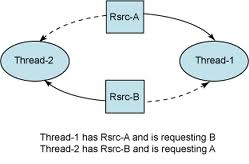How to prepare for a Java interview for 7 years experience?
How to prepare for a Java interview for 7 years experience?

Preparing for a Java interview as an experienced candidate (7 years) requires a strategic approach that leverages your existing knowledge and skills while focusing on areas of improvement. Here's a comprehensive guide to help you stand out:
Brush up on core concepts:
Java fundamentals: Review the language basics, including object-oriented programming principles, syntax, and standard libraries.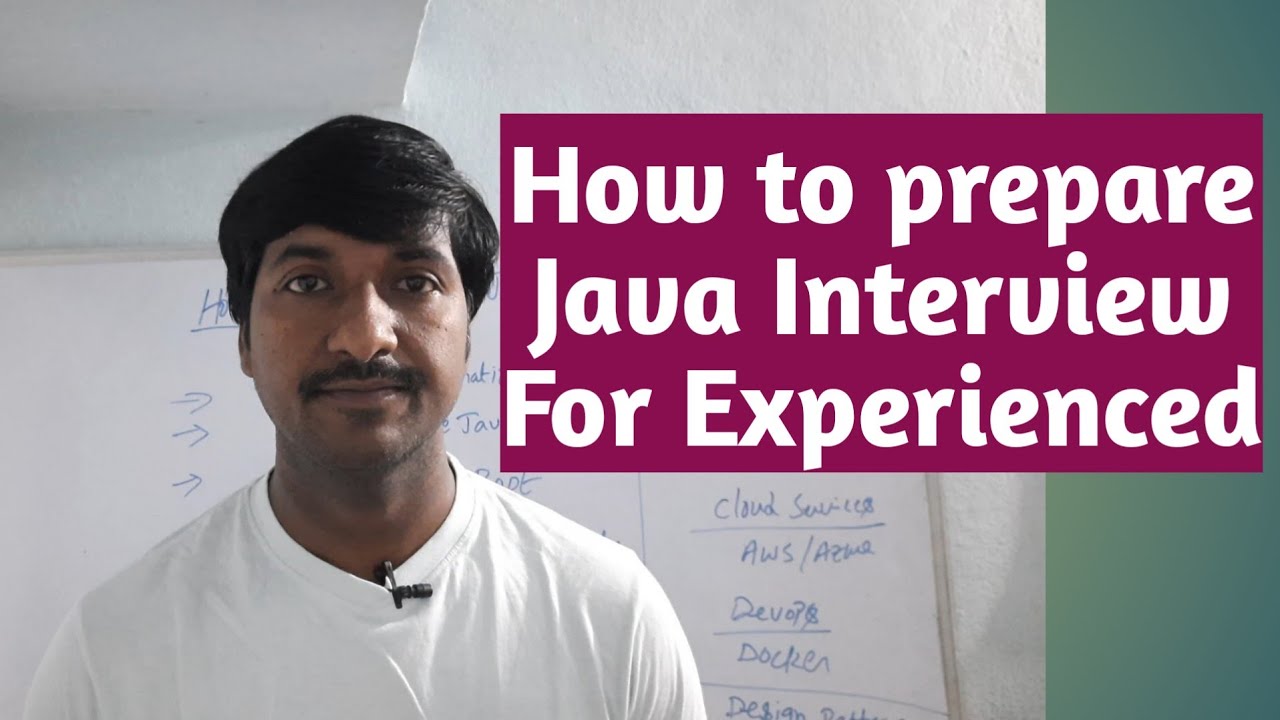
Stay up-to-date with Java evolution:
Java 8, 11, and 17 updates: Familiarize yourself with new features, improvements, and changes in recent Java versions. Lambda expressions, method references, and functional programming: Ensure you can effectively use these modern Java features.Deepen your understanding of Java frameworks and ecosystems:
Spring framework: Focus on Spring Core, MVC, Security, and Data Access aspects. Other popular frameworks: Review Hibernate (ORM), JPA (Java Persistence API), and Java EE (Enterprise Edition) concepts. Dependency injection and inversion of control: Understand how these concepts simplify application development.Practice with coding challenges:
LeetCode: Complete a selection of medium-to-hard Java problems to improve your coding skills and problem-solving abilities. HackerRank: Engage in Java-specific challenges, such as "Java Basics" and "Data Structures." Edabit: Practice solving real-world coding exercises, covering topics like data structures, algorithms, and Java syntax.Prepare for common interview questions:
Design patterns and trade-offs: Be ready to discuss design decisions, pros, and cons related to different approaches. Scalability, performance, and concurrency: Show understanding of how to optimize application performance, handle concurrent requests, and scale systems. Error handling and debugging: Demonstrate knowledge of effective error handling strategies and debugging techniques.Improve your soft skills:
Communication and problem-solving: Practice explaining complex technical concepts simply and concisely. Teamwork and collaboration: Highlight examples where you effectively worked with others to achieve a common goal. Time management and prioritization: Emphasize your ability to manage tasks, prioritize work, and meet deadlines.Final tips:
Prepare answers to behavioral questions: Be ready to share stories about your previous experiences, highlighting specific challenges, solutions, and outcomes. Review common Java interview questions: Familiarize yourself with commonly asked questions to help you feel more confident and prepared. Practice whiteboarding and coding on a whiteboard: This will help you get comfortable explaining concepts and writing code in front of an interviewer.By following these guidelines, you'll be well-prepared for your Java interview and can showcase your expertise as a 7-year experienced candidate. Good luck!
Java 8 Stream Interview questions and Answers
I'd be happy to provide you with Java 8 Stream interview questions and answers. Here are some of the most commonly asked questions, along with their solutions:
Q1: What is Java 8 Stream?
A1: Java 8 Stream is a new API in Java that allows for functional programming styles, making it easier to write concise, expressive code.
Q2: Can you explain the concept of Streams?
A2: Yes, certainly! In Java, a stream is a sequence of elements supporting parallel and functional-style operations. It's similar to a conveyor belt where data flows through multiple stages, allowing for transformations, filtering, and aggregations.
Q3: How do I create a Stream in Java?
A3: You can create a Stream from various sources such as collections (like List or Set), arrays, files, or even database queries. Here's an example of creating a Stream from a List:
List names = Arrays.asList("John", "Jane", "Bob");
Stream stream = names.stream();
Q4: What is the difference between parallelStream() and stream()?
A4: The stream() method creates a sequential Stream, which processes elements in order. On the other hand, parallelStream() creates a parallel Stream, which can process elements concurrently using multiple threads or processors.
Q5: How do I filter elements in a Stream?
A5: You can use the filter() method to apply a predicate (a boolean function) to each element in the Stream. For example:
List names = Arrays.asList("John", "Jane", "Bob");
Stream stream = names.stream()
.filter(name -> name.length() > 3);
Q6: How do I map elements in a Stream?
A6: You can use the map() method to apply a transformation function (a function that takes one argument and returns another) to each element in the Stream. For example:
List names = Arrays.asList("John", "Jane", "Bob");
Stream stream = names.stream()
.map(name -> name.toUpperCase());
Q7: How do I aggregate elements in a Stream?
A7: You can use the collect() method to aggregate elements into a Collection, like a List or Set. For example:
List names = Arrays.asList("John", "Jane", "Bob");
Stream stream = names.stream()
.collect(Collectors.toList());
Q8: How do I reduce elements in a Stream?
A8: You can use the reduce() method to combine elements into a single output value. For example:
List numbers = Arrays.asList(1, 2, 3);
Stream stream = numbers.stream()
.reduce(0, (acc, cur) -> acc + cur);
Q9: How do I handle exceptions in a Stream?
A9: You can use the tryCatch method to catch and handle exceptions that occur during Stream processing. For example:
List names = Arrays.asList("John", "Jane", null, "Bob");
Stream stream = names.stream()
.filter(name -> name != null)
.map(name -> name.toUpperCase())
.onError(throwable -> System.out.println("Error: " + throwable.getMessage()));
Q10: Can you explain the concept of Collectors in Java?
A10: Yes, certainly! In Java, a Collector is an object that combines elements from a Stream into a Collection. You can think of it as a sink where all the data flows and accumulates. There are various types of Collectors available, such as toList(), toSet(), toMap().
Q11: How do I use Java 8's groupingBy function?
A11: The groupingBy() method groups elements in a Stream based on a key function. For example:
List names = Arrays.asList("John", "Jane", "Bob");
Stream stream = names.stream()
.collect(Collectors.groupingBy(name -> name.length()));
Q12: How do I use Java 8's partitioning function?
A12: The partitioning() method partitions elements in a Stream into two separate streams based on a predicate. For example:
List names = Arrays.asList("John", "Jane", "Bob");
Stream stream = names.stream()
.collect(Collectors.partitioningBy(name -> name.length() > 3));
I hope these questions and answers help you prepare for your Java 8 Stream interview. Good luck!
